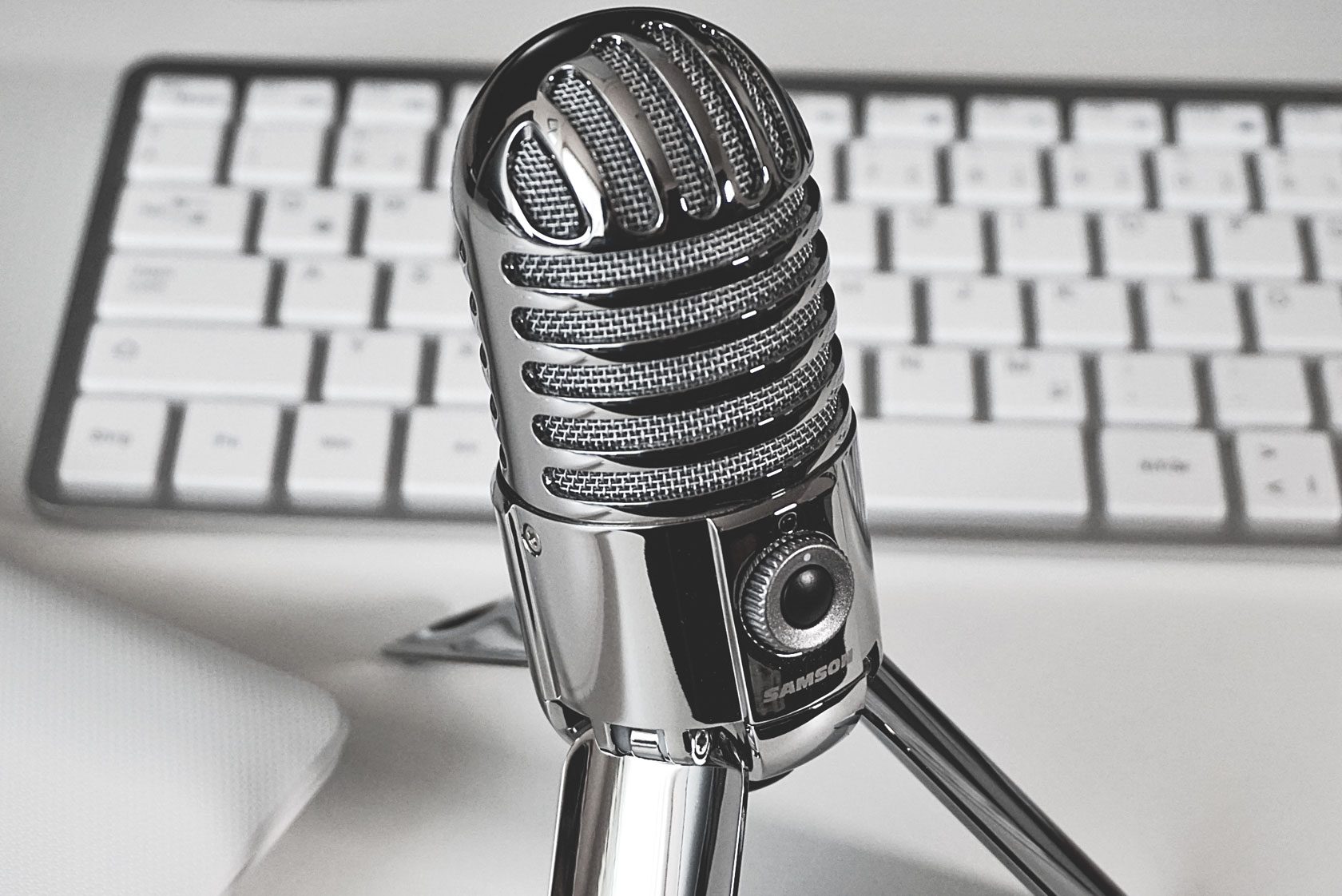
Podcasts: Potential for Science and Further Education
Podcasts enjoy high levels of popularity and are as suited to the purposes of further education as they are to science communication. In this blog post, we will be providing an insight into individual podcasts and overview pages about scientific topics and open science.
Podcasts are series of audio files which are made available free of charge. These can be improvised or produced using a script; with respect to topic and length they can vary widely or can be clearly delimited.
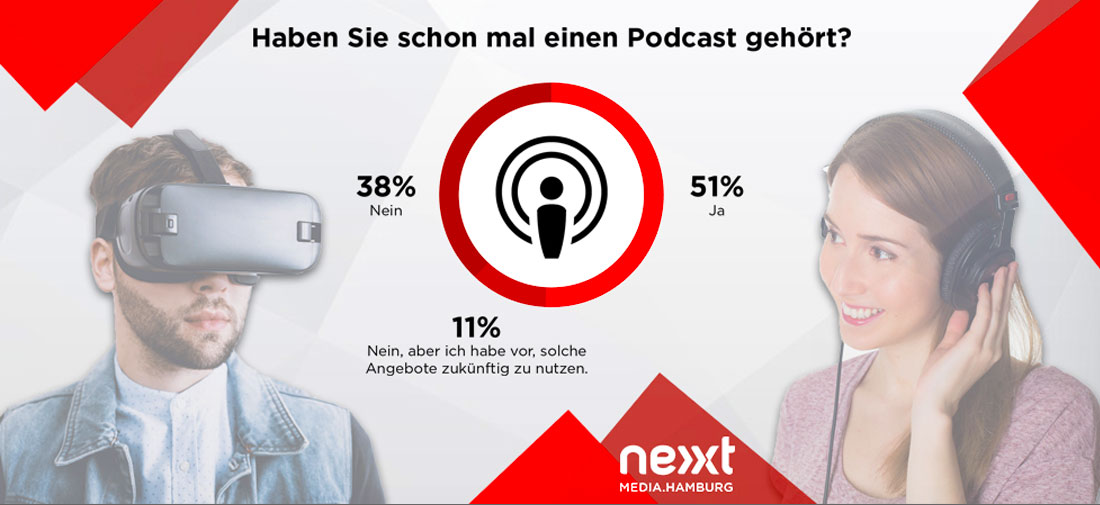
Podcasts are enjoying growing popularity, particularly for the purposes of entertainment (54 percent listen to such podcasts or would be open to doing so) and science and further education (49 percent), as a study undertaken by nextMedia.Hamburg (link in German) demonstrates. The most popular formats are primarily reports (listened to by 62 percent), news (45 percent), interviews and talk shows (37 percent) and stories (34 percent).
Podcasts also contribute to making science more accessible. This is because they make science available at more or less any time and any place, at least in those places where it is possible to listen to something.
Here, we provide an insight into podcast platforms and a small selection of individual science podcasts and open science podcasts, mostly in German.
Podcast platforms for science podcasts
A very substantial list of German-language knowledge and science podcasts, categorised and with an information page for each podcast, is provided by Wissenschaftspodcasts. (link in German).
Podcampus (link in German) is a platform for podcasts from the world of science and research. Universities, research and educational institutions in the German-speaking areas make recordings of lectures and interesting one-off events and publish them here as audio or video files.
Edufunk (link in German) is a podcast network revolving around education. It provides an index of podcasts which are related to learning and teaching, education and development. They are dedicated to all areas of education, from school to university, further education and professional education to learning outside an institutional context.
Wissenschaft auf die Ohren (link in German) is a podcast feed which can be subscribed to, rather than a podcast with its own content. The curated podcast feed contains audio programmes from other sources which are particularly worth listening to on the topic of science, thereby providing those who are new to the world of podcasts with an easy way in.
Individual science podcasts
Resonator (link in German) is a free science podcast from the Helmholtz Association of German Research Centres. Roughly every fortnight, Holger Klein talks to researchers about their research as well as about themselves in episodes of varying length.
In “Making a Physicist” (link in German) Lucas L. Treffenstädt allows the public to join him on his journey into acquiring a doctorate in physics. By describing how his dissertation is progressing in this fortnightly audio logbook, he tries to turn science into something which can be experienced.
In each short podcast of JRA – Jöran ruft an (link in German) a question related to digital education as well as the respective answer are presented in the form of a phone call.
Methodisch inkorrekt (link in German) is broadcast straight from the university laboratory of the two physicists Reinhard Remfort and Nicolas Wöhrl. During their traditional live experiments, it is not uncommon there to be a bang during the recording. Additionally, they also introduce each other to other things, such as particularly interesting papers.
Topics from the world of physics (link in German) are presented every fortnight at the internet portal of the same name (“Welt der Physik”) which is hosted by the German Federal Ministry of Education and Research and the Deutsche Physikalische Gesellschaft (German Physical Society).
The Forschergeist podcast (link in German) is about education and research now and in the future. The aim is to explore the essence of the investigative spirit, including characteristics such as curiosity, perseverance and courage. People who are travelling along new or unusual paths are presented, scientists who have shown the will to persevere, unconventional thinkers and those who do things differently as well as those who want to make education more open and more just. Forschergeist is a project of the Stifterverbandes für die Deutsche Wissenschaft (Donors’ Association for the Promotion of Sciences and Humanities in Germany) project (link in German) and is hosted and produced by Tim Pritlove.
Open Science Podcasts
“Open Science Radio”, by Matthias Fromm and Konrad Förstner, is the podcast to listen to about everything that has to do with opening up the process of science. Episodes appear at irregular intervals. They deal with the many aspects of open science, with the aim of creating a basic understanding and in order to provide information about current developments.
Feierabendbier Open Education (link in German) is a podcast by Markus Deimann and Christian Friedrich. They regularly meet for an open-education-based after-work beer and record the event. Topics covered come from the areas of open education, education technologies, learning and teaching.
Related links (German content):
- Podcasts at Wissenschaftskommunikation.de
- Wired: You should listen to these podcasts about science!
- Science for the ears: Audio podcasts
- What are podcasts, and what do they have to do with science?
View Comments
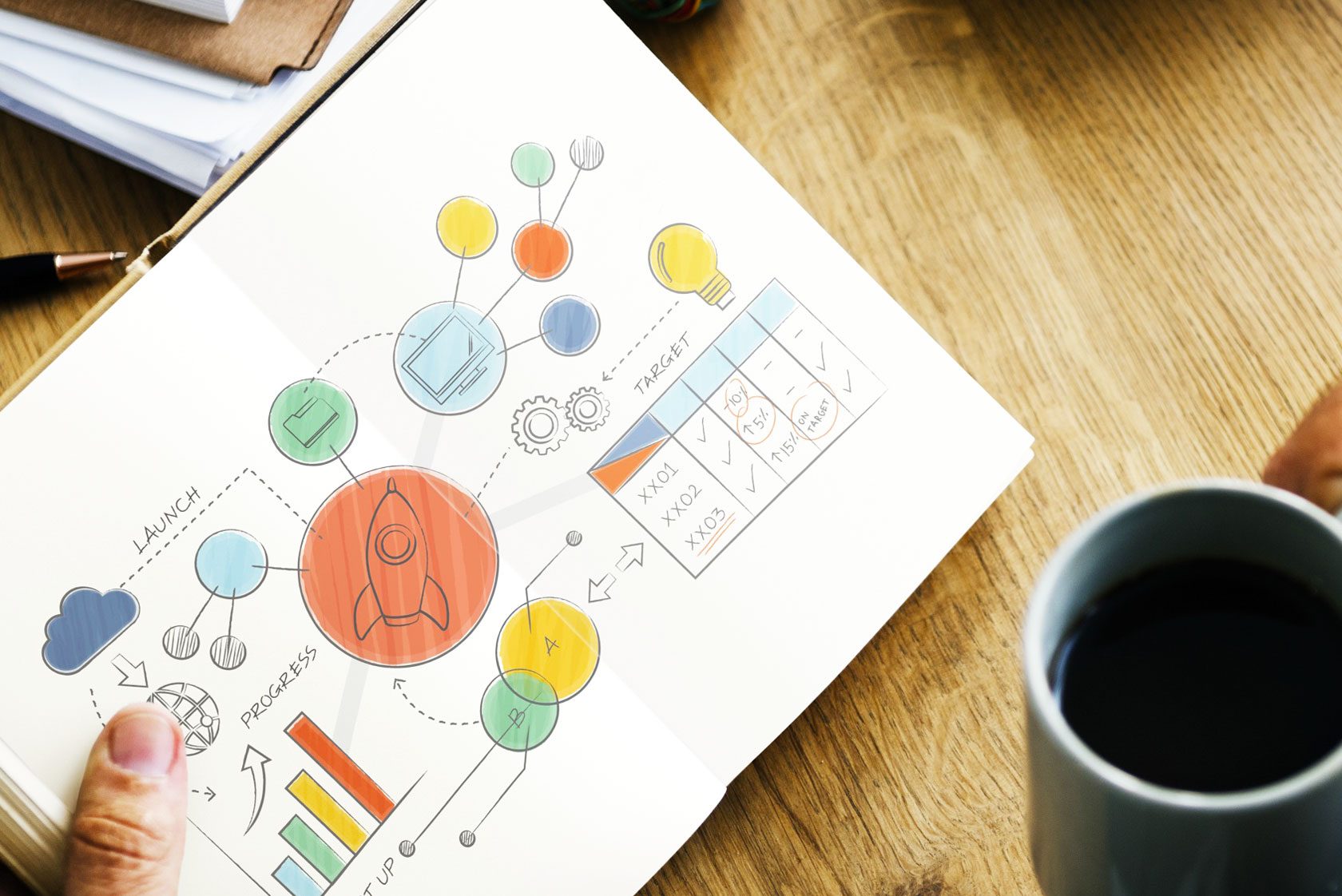
Research Data Management: Over-Reliance on the Lifecycle Metaphor – and Alternatives
The metaphors we use have an impact on our perception of the world. Thus, how you...

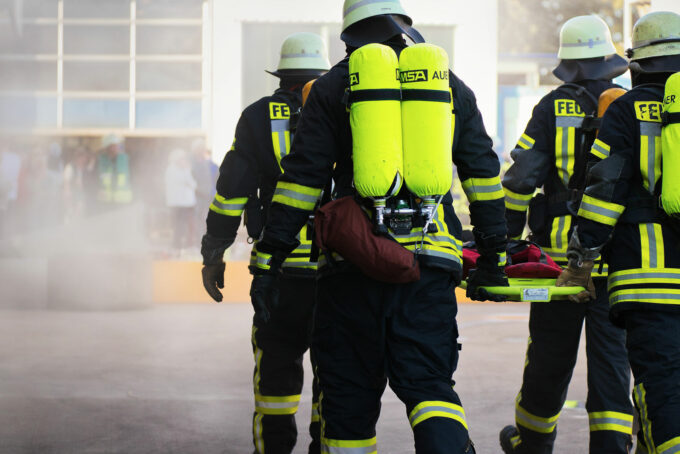

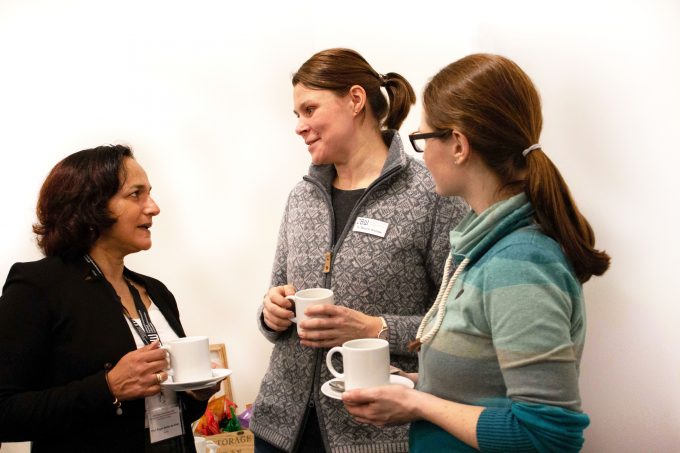
 Philip
Philip
AuthorDanke für den Artikel.
Auch bei uns gibt es Wissenschaft auf die Ohren, meistens durch die “Critical Thinking- Brille”. Wer mag, kann gerne auch bei uns reinhören… https://www.kritisches-denken-podcast.de.